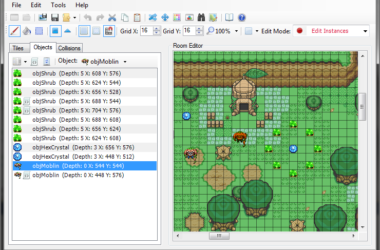gaming session. That set of podcasts were focused on personal development, albeit in somewhat stereotypical Silicon Valley fashion: Simple Leadership; Masters of Scale; Manager Tools; This Developer’s Life.
Nowadays, though, I’m opting to put on familiar music playlists1 and not bothering with this set of podcasts at all. If I do want to listen to conversations, I’m much more likely tuning into my “guilty pleasure” podcasts: Giant Bombcast; Accidental Tech Podcast, The Lowe Post, etc.
As mundane as this point is, I attribute the shift in audio preference as a direct inverse correlation to busyness at work. Specifically, I’m finding that the more stressful and unusual situations I face—or anticipate facing—during the course of the workday, the less likely I’m going to bother trying to “eat my veggies” during the handful of off-hours I have away from everything management and technology and startups.
To be fair, there’s nothing particularly insightful about just wanting to relax after a long day’s work. But, much like how there’s a set number of productive hours per work day due to finite reserves of concentration, there is also a finite pool of energy available for personal development and learning. If that pool is spent naturally over the course of the day in the office, then there’s little point in trying to pile additional learnings after hours as most of the information won’t stick. Drawing back to the 10,000-foot view, being bored at work is a great opportunity to learn something new or start a side project.
That said, the “inclination to listen to learning podcasts” provides a slightly offbeat feedback loop which lets me know how I’m spending the most singularly sizable part of my waking hours. Much like the Steve Jobsian standard of “if today was my last day, would I want to do what I am about to do today?”, it serves as a gut check against long periods of complacency. Given that I’ve mostly chosen startups post-Google to emphasize personal and career growth, it’s nice to have a way—albeit a few degrees removed—to keep myself honest.
I’m old-school and have all my music synced locally to my phone.↩



